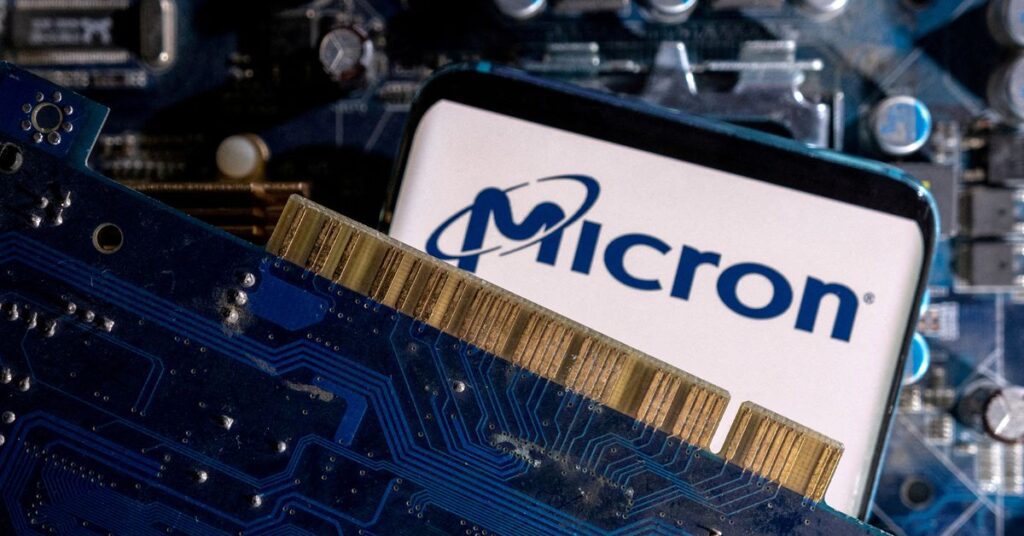WASHINGTON, May 23 (Reuters) – The U.S. Senate’s top Democrat said on Tuesday he and President Joe Biden’s administration were engaging allies and businesses to address China’s ban on sales of memory chips made by U.S.-based Micron Technology Inc (MU.O).
The restrictions this week by China’s cyberspace regulator against Micron, the biggest U.S. memory chipmaker, were the latest in a widening trade dispute between the world’s two largest economies.
“The Chinese government’s announced action against Micron is not based in fact and is a troubling use of economic coercion against the U.S.,” Senate Majority Leader Chuck Schumer said. “I am working closely with the Biden administration to make clear to the Chinese government that this sort of behavior is unacceptable and unproductive.”
Schumer added that “we are engaging with the broader business community as well as with our allies and partners to address the Chinese government’s restrictions against Micron.”
Earlier this month, Schumer launched a renewed effort to stave off competition from China, planning legislation to boost U.S. ability to face up to the Asian powerhouse on issues from technology to security and threats to Taiwan.
Republican lawmaker Michael McCaul, the chairman of the U.S. House of Representatives Foreign Affairs Committee, said in a statement to Reuters that “China’s legal system is built to coerce any person or company under its authority. This is a mafia-like legal system bullying an American company. The U.S. and its partners and allies must stand together against this economic aggression.”
The Chinese embassy in Washington did not immediately comment on the matter.
China’s cyberspace regulator said on Sunday that Micron failed its network security review and that the regulator would block operators of key infrastructure from buying from the company.
Micron on Monday forecast the ban would dent revenue in the low-single to high-single digits in percentage terms.
China’s move against Micron, the biggest U.S. memory chipmaker, was widely seen as retaliation for Washington’s efforts to restrict Beijing’s access to key technology.
It was announced just a day after the Group of Seven (G7) rich nations agreed they would look to “de-risk, not decouple” from China, and as Washington pressures its allies to join it in restricting chip equipment exports to China.
Reporting by Karen Freifeld and Rami Ayyub; Editing by Doina Chiacu
: .


